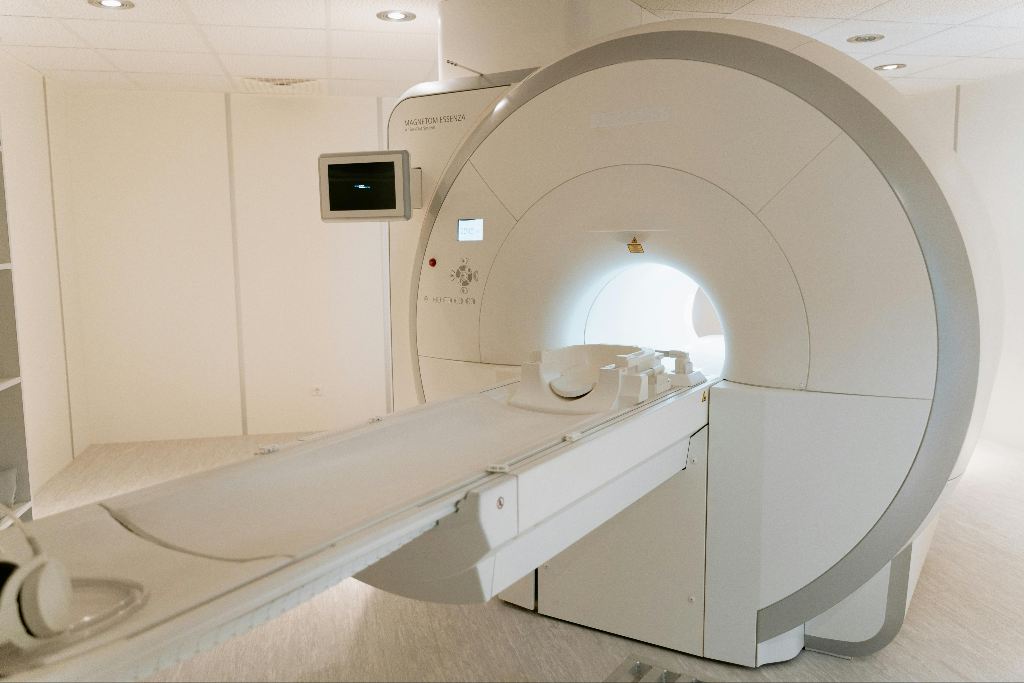If you are having back pain, you might also wonder why in the world your toes are numb. It can seem like quite a stretch for an injury in your back to affect your feet, but it is actually more common than you might think! That’s because your spinal column actually serves to protect your nervous system as well as help support your whole body.
When you have an accident and hurt your back, this can actually affect your nerves as well. Your nervous system communicates with your whole body and tells it what to do and what you feel. Numbness in your toes and feet can be a sign that one of your nerves has been affected by your accident. An Atlanta orthopedic doctor can help identify the specific type of injury your accident caused and help restore proper communication and feeling all the way to your toes.
Why a Herniated Disc Can Cause Numb Toes
A herniated disc is one of the more common back injuries that can bring about numbness in your toes. That’s because a herniated disc can affect your nerves. Also known as a slipped disc, a herniated disc is when one of the discs in your back that cushions and separates two vertebrae slips out of place. When that disc slides out of place it can cause the two bones to rub against one another and cause you pain. The disc can also press on one of the nerves along your spinal column and affect its ability to do its job and communicate with the rest of your body.
Causes of a Herniated Disc
While there are many causes of a herniated disc, here are three types of accidents that can lead to a disc herniation.
Car Accident Injury
If you have car accident injuries and are experiencing symptoms such as numbness or tingling all the way to your fingers and toes, your Atlanta orthopedic doctor will likely want to examine you for a possible herniated disc. When the force of the accident causes significant damage to your spine, your spine can be jostled so hard that your vertebrae and the discs that separate them don’t stay properly aligned. This can lead to something putting pressure on one of the nerves in your spine and cause pain, tingling, and numbness.
Sports Injury
Contact sports and physical activity that is very strenuous can lead to accidents that may cause a herniated disc. A football tackle at just the right angle could damage the spine. A basketball player twisting too forcefully during a rebound can also cause a slipped disc. Whatever the specific sports activity may be, it is possible to slip a disc that can have many uncomfortable symptoms if you don’t see a doctor and just hope it goes away. Back injuries that are left untreated can also lead to chronic pain and can affect your ability to participate in sports in the future.
Bending or Lifting Injury
Whether you are weightlifting or repeatedly picking up and carrying moving boxes, you could accidentally herniate a disc. Improper bending and poor posture can lead to a slipped disc if you aren’t careful. It is so important to follow safety guidelines when weightlifting and to work with a trainer, if possible, to make sure you learn the proper techniques before you lift on your own. When you are moving or work in a job where you are bending and lifting things repetitively, it is important to focus on using proper posture and bending with your legs so you don’t strain your back or slip a disc.
How a Herniated Disc Can Lead to Sciatica
Depending on the location of the herniated disc, this might actually lead to sciatica. Sciatica is a specific type of pain you experience when the sciatic nerves in your lower back are compressed or experiencing significant pressure. This can cause numbness and tingling all the way down the back of your leg and to your toes. Because of the sitting position during a car accident, a herniated disc in your lower back could lead to sciatica because the slipped disc ends up putting pressure on one of your sciatic nerves.
If you notice numbness and tingling in your toes after an accident, it is worth talking to your Atlanta orthopedic doctor to rule out a herniated disc or more serious injury. In many mild cases, the numbness in your toes may go away once the compressed nerve is addressed. But you don’t’ want to wait too long and risk more injury or chronic pain.





